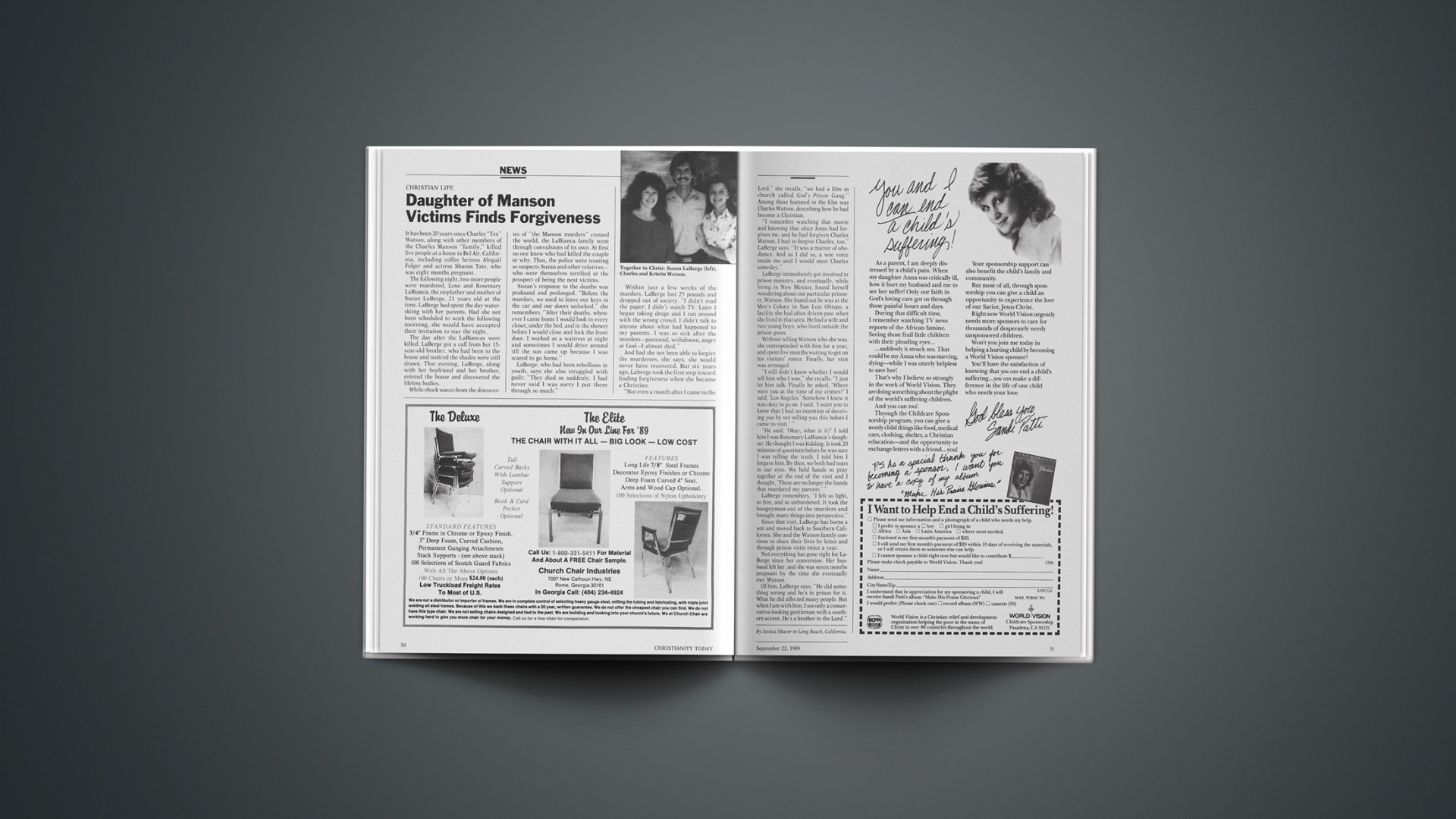John Cardinal O’Connor, by Nat Hentoff (Scribner’s, 290 pp.; $19.95, hardcover). Reviewed by Guy Condon, executive director of Americans United for Life.
Dubbed “the Archbishop of the Capital of the World” by Pope John Paul II, New York City’s John Cardinal O’Connor transcends conservative, liberal, and even parochial labels. While centering on matters relating to the Roman Catholic Church, Nat Hentoff’s John Cardinal O’Connor offers much to the broader audience of people working out dual citizenship in the worldly and heavenly kingdoms.
As a writer for the Village Voice and the New Yorker, Hentoff has the necessary credentials for O’Connor-slamming. Furthermore, the author describes himself as “a member of the Proud and Ancient Order of Stiff-Necked Jewish Atheists.” Yet Hentoff shows an ironic reverence toward the religious leader and his convictions. In an interview, Hentoff said it was the cardinal’s ability “to say what’s on his mind—to avoid doing verbal minuets” that gained the author’s attention in the first place. Moreover, because the cardinal had undergone such caustic and one-sided treatment by the press in recent years, Hentoff said, “I decided to see what was actually there.”
But how does a Jewish atheist size up a prominent Catholic leader? “Even an atheist can tell when there’s a religious faith motivating someone,” Hentoff said, “and [O’Connor’s] vision and energy come from his.”
The Pope’S Man In New York
Hentoff briefly covers the archbishop’s boyhood, seminary years, 32 years of clerical service in the military, and the eight months as Scranton’s bishop. More attention goes to the recent rough-and-tumble years in New York, beginning in 1984 when O’Connor compared abortion to the Holocaust and first underwent the wrath of the New York Times.
What distinguishes O’Connor among U.S. bishops is his unequivocal loyalty to the Pope, an adherence to the teaching of the church, and a high view of Scripture and preaching. These characteristics undoubtedly attracted the Pope, who had been heard to say, “I want a man just like me in New York.”
Hentoff disagrees with the Harvard professor who says, “O’Connor is so far to the right [that] you can predict every position he takes.” He found that the conservative stereotype is illusory since the cardinal is “passionately prolabor, … opposes arming the Contras, … favors sharp reductions in military spending, … and has spent large amounts of the New York archdiocese’s funds on housing for the poor.”
It is the cardinal’s outspokenness on issues that generates such passionate response. Hentoff notes the cardinal’s claim that “I have the same right everybody else has to address civic issues.” O’Connor used this right during a television press conference in 1984, at the height of Geraldine Ferraro’s vice-presidential campaign. He said, “I do not see how a Catholic in good conscience can vote for an individual expressing himself or herself as favoring abortion.” While journalists and public officials accused O’Connor of violating the separation of church and state, Hentoff counters that “the Establishment Clause of the First Amendment prohibits the state’s favoring or discriminating against a religion, but it is not intended to restrict the views of any private organizations or individuals, secular or religious.”
The Limits Of Free Speech
But one senses the chafing between the author and his subject on where O’Connor draws the line for free speech within the church. In 1986 an edict was issued by the archdiocese against speakers who contradict the teachings of the church. That meant the exclusion of Gov. Mario Cuomo and State Assemblyman John C. Dearie of the Bronx, both Catholic and supportive of public abortion policies. Accused by Dearie of trying to influence elections, “O’Connor told [the New York Times] it was ‘common sense’ not to invite speakers who would ‘attack the Church.’ ”
More chafing is caused by the cardinal’s support for the Pope’s Vatican reception of Austria’s head of state, Kurt Waldheim, an alleged criminal as an accomplice of the Nazis. Hentoff says that here the cardinal “is caught between honesty and loyalty and cannot keep his moral balance.”
Before this, O’Connor upset Jewish leaders after a tour in 1986 of the Yad Vashem Memorial to Holocaust Victims. Representing 54 organizations, they decried the cardinal’s statement that “the Holocaust may be an enormous gift that Judaism has given to the world,” because it reminds us of the “sacredness and dignity of every human person.” O’Connor retorted, “If [the statement] is demeaning to the Holocaust, then it demeans my entire theology, because mine is a theology of suffering.”
Relating to the gay-rights issue, O’Connor boldly resisted New York City’s 1980 Executive Order 50, which aimed to prohibit discrimination against employees because of “sexual orientation or affectional preferences.” Threatening some $100 million a year in public funds for urban social ministries carried on by the Catholic church,
O’Connor said, “We will not sell our souls for city contracts.” Yet on another occasion, the cardinal defied stereotyping by reversing the decision of the rector of Saint Patrick’s Cathedral not to bless the marriage of a couple, one of whom had AIDS.
While the New York prelate defies labels, he demonstrates a consistency within his ethos. Through this work, Hentoff’s O’Connor profoundly applies truth to the people and matters of our day, meriting the attention of anyone wishing to do the same.
“When the dust has settled,” according to Hentoff, O’Connor will prove himself “an honest man who actually does believe in the value of every single life, including the lives of those who turn their backs on him.”










